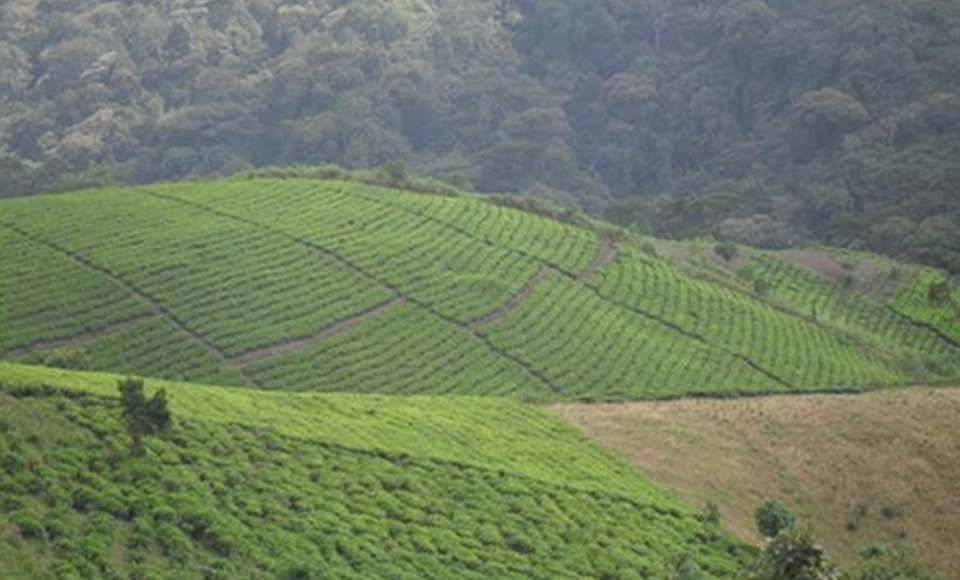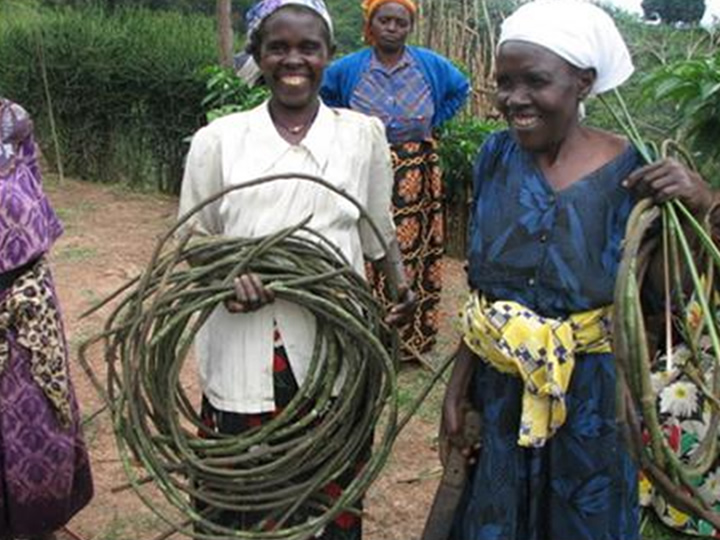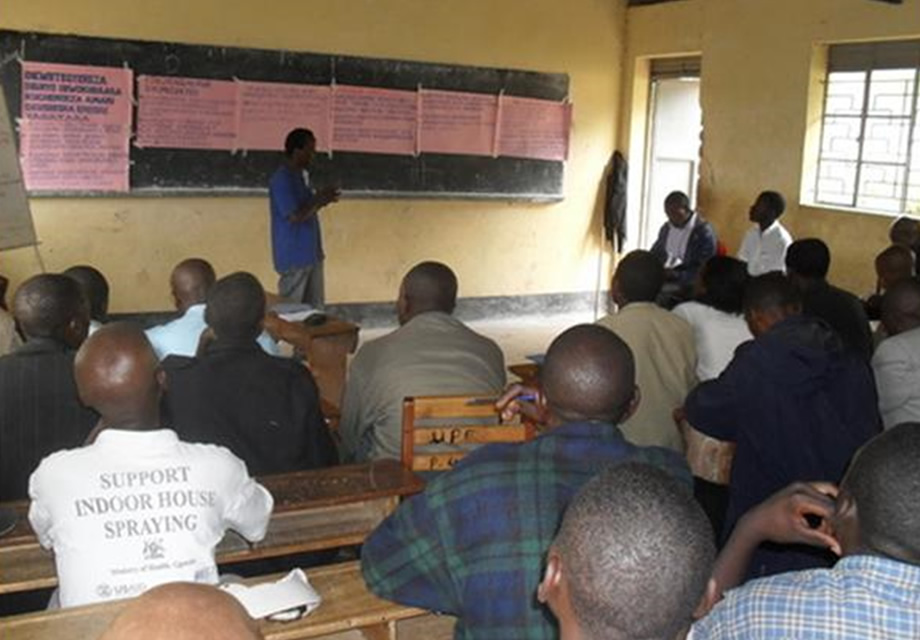This is Emmanuel — I haven’t been able to do much blogging recently due to field work away from the station. But I wanted to share some thoughts and see what you think.
I have recently been watching some DVDs of a popular series called “Gossip Girl” (no obvious relation to Conservation … but I’ll get there). In this season I am watching one of the main characters, Serena a very attractive girl from a very wealthy family, refuses to join one of the best colleges in America because she’s taking time off to rediscover herself and clarify her purpose in life.
I have recently taken some time to think about my purpose as a conservationist something like Serena is asking about her own career. This brings me to the thoughts I want to share with you in this blog. It’s a question I have been asking myself every time I meet with local people who live next to protected areas.
Like Serena I have taken some time to rediscover myself and my purpose (in my case this is about conservation). I am asking myself the question “Who am I real conserving for?” Not long ago in school we generally answered this question, “for future generations”. This in its right is an accepted answer, backed up by the usual slogans of conservation and sustainable development. Alongside this answer there other answers we use to justify conservation. In a nutshell the de-facto reason is to protect the biodiversity that we humans depend on. Let’s take a hypothetical situation where man does not depend on nature for his survival. Would he have the same strong convictions for conservation? This is debatable!
To those of us who are literate (with western formal education), we are lucky enough to learn about the usefulness of nature from the western perspective. We could twist our answers to this question in all sorts of ways to justify and satisfy our conditional protection of nature. But will the common man who’s never been to school share my reasons for conservation. Well it’s been documented that yes he could.

Allow me to share with the concept called the “noble savage and conservation“.
(A Noble Savage is someone from a primitive culture who is supposedly uncorrupted by contact with society). This concept of the noble savage being a conservationist is considered a myth by some anthropologists and conservationists. Critics of this concept argue that native people only conserved because during that time population densities were low, technology used in extraction of resources was not advanced and market forces were not as aggressive as they are today. Let us look at the flip side of this, say the noble savage conserved unconsciously because of certain fears or restrictions associated with culture and religion. What would that make him? In my opinion any effort consciously or unconsciously made to preserve biodiversity or the sustainable use of natural resources should be considered as conservation. I could easily get absorbed and lost in the controversies of this concept but my point here is indigenous people have always been able to conserve. How and why is still debatable.
The billion dollar question here is. Can we trust the concept of noble savage and conservation? My answer would be yes we could have but aren’t we too late. Haven’t we already pushed the noble savage against the ropes? The biodiversity he once respected now battles with him for survival. He is thrown in jail and fined for crimes against nature. Nature gets more sympathy and care from authorities than he does. The reason given to him. To make his life better. Does he see his life getting better? No! He thinks it’s getting worse. There are more costs for him from conservation than benefits. If his life is getting worse instead of better like he was promised by me the “smart” conservationist. It seems our hunter is now the one being hunted. When the livelihoods of the poor man leaving next to protected areas is being threatened. That means his existence and the existence of his future generation is being threatened too by the very nature he is being asked to protect.

So where do we go from here? Truthfully terrific and impressive ideas have been drafted on paper about how to conserve through reducing costs and increasing benefits to the locals. Uganda is a good example of this. To say that efforts have not been made to pursue this agenda would be somewhat of a lie. Never the less more has to been done in the way of policy changes, practical and realistic interventions and more importantly development of partnerships and collaboration among all stake holders concerned.
Alas it seems I may be the one to benefit from conservation after all if checks are not put in place. Back to my first question WHO AM I CONSERVING FOR?
Thanks to Gossip girl, I took some time to rediscover my purpose as conservationist and am still working on it. These are some of the thoughts I wanted to share with you as my internalization goes on.
Let me know what you think.


